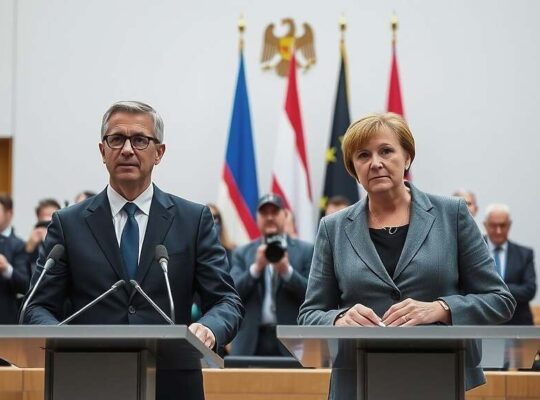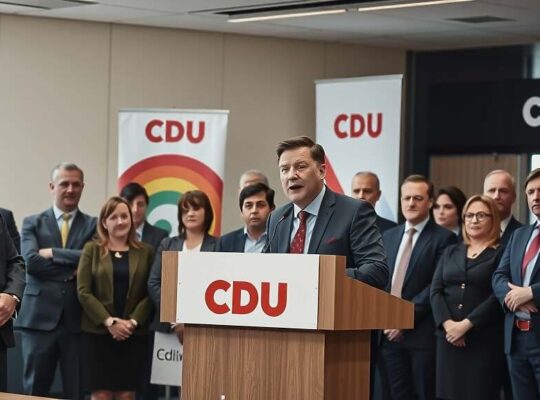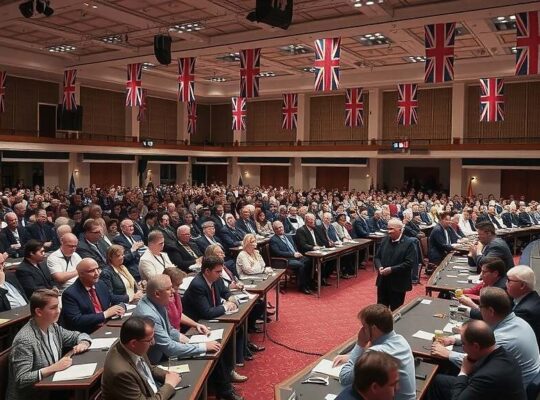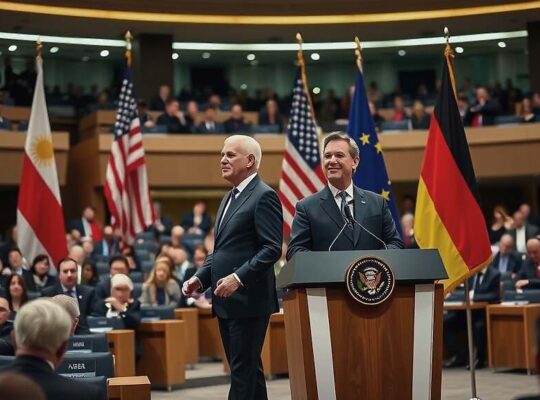The latest “ARD-Deutschlandtrend” poll, released Thursday, paints a picture of political stagnation and simmering anxieties within Germany. While the CDU/CSU have managed a slight recovery, regaining one percentage point from October to reach 27%, the resurgence is tempered by the continued dominance of the AfD, which remains at a record high of 26%. The findings highlight a deeply fractured electorate and raise questions about the long-term stability of German politics.
The SPD’s support remains stubbornly low at 14%, indicating a significant disconnect between the party’s policies and the concerns of many voters. The Greens continue to struggle, anticipated at 12%, suggesting a potential erosion of their recent gains. The Left party holds steady at 10%, while both the BSW and the FDP remain below the crucial five percent threshold, hindering any prospects of parliamentary representation. These smaller parties represent a broader disaffection among the electorate, but currently lack the organizational strength to capitalize on it.
A deeper dive into the poll reveals concerning trends regarding voter consideration. Although the CDU/CSU hold a potential reach of 52% of eligible voters – a slight decrease from May – the volatility of the political landscape is evident. The SPD’s potential reach has shrunk to 50%, suggesting a crisis of confidence within the traditional base. The Greens’ potential voter consideration has also fallen, mirroring anxieties around ecological policy implementation and economic impacts.
Perhaps the most striking element is the growing resonance of the AfD. With 28% of eligible voters now open to considering the party – a two-point increase – the AfD’s narrative of national identity and frustrated aspirations continues to find fertile ground. This surge underscores the ongoing challenge for mainstream parties to address the root causes of this attraction, which extend beyond mere political expediency and tap into deeper societal anxieties. The Left party’s consistent 28% consideration, while remaining below the threshold, demonstrates a continued appeal for disillusioned voters seeking alternatives outside the established political blocs.
The poll, based on a sample size of 1,300 eligible voters surveyed between Monday and Wednesday of this week, signals a prolonged period of political uncertainty for Germany, demanding introspection and strategic reassessment within the established parties to regain voter trust and definitively address the anxieties fueling the rise of the AfD.












